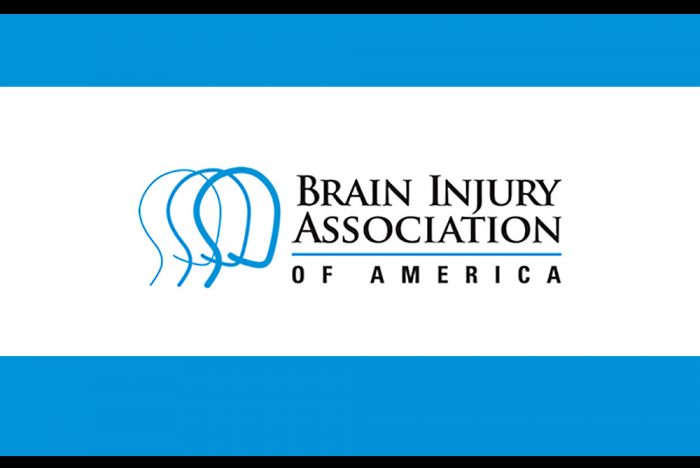Update for Upcoming BI Provider Quarterly CHC-MCO Meeting Announced
RCPA PD&A Meeting for July 17 Cancelled
The RCPA Physical Disabilities & Aging Committee meeting that was scheduled for Wednesday, July 17, has been cancelled. RCPA is working on a new date for the meeting and will inform members as soon as this has been scheduled.
If you have any questions, please contact Fady Sahhar.
BI Committee Meeting With OLTL and Additional Meeting on Mercer Rate Study on July 30
Coalition for Choice Submits Comments on Proposed OBRA and CHC Waiver Amendments
Governor Shapiro Signs Bipartisan 2024/25 Budget
On July 11, 2024, Governor Shapiro signed a bipartisan 2024/25 budget that invests in a range of fields, from health care to public transportation to education. The details of the budget are available in the Governor’s Press Release, which highlights each field and dollar amounts signed. In particular, the budget addresses:
- Supporting PA’s ID/A community and Direct Support Professionals (DSP);
- Investing in gun violence prevention;
- Increased funding for nursing homes and the Aging Our Way plan;
- Combatting maternal mortality; and
- Further investments in mental health.
RCPA Policy Staff will be reviewing the budget in great detail over the next few days. We plan to reach out to our members with updates and key information as more becomes available and analyzed. If you have any questions regarding the budget, please reach out to your Policy Director.
OLTL Call on July 18 to Focus on Mercer Rate and Wage Study
The Office of Long-Term Living (OLTL) has announced that the quarterly Home and Community-Based Services (HCBS) provider call on July 18, 2024, from 2:00 pm – 3:30 pm, will focus on the Mercer Rate and Wage Study. To participate in the Zoom call, registration is required. Because this is an HCBS Provider Call, registration for the call will be limited to providers who are enrolled with the Department of Human Services (DHS) to provide any of these particular services to individuals. Participant-Directed Common Law Employers are also encouraged to attend.
Everyone is welcome to submit questions electronically about the HCBS Rate and Wage Study to OLTL in advance. Questions received will be read during the call as time allows, and both questions and answers will be compiled into a Q&A document that will be available afterwards.
If you have any questions about the call itself, please contact Kristi Mundis via email.
Reminder: Free RCPA Member Webinar on Clinical AI in MH Crisis to Be Held July 25
Save the Date! RCPA Fall Golf Outing Scheduled for September 23
RCPA is excited to announce that we will be hosting our fall golf outing to support the RCPA PAC on Monday, September 23, 2024, in conjunction with the Annual Conference. Conference attendees, exhibitors, sponsors, and presenters can now register to participate in the RCPA PAC’s golf outing at the Colonial Golf & Tennis Club at 4901 Linglestown Road, Harrisburg, PA 17112. Registration and lunch will be held from 11:00 am – 12:00 pm, with the shotgun start beginning at 12:00 pm.
Sponsorships are available for this worthwhile cause. We hope you will consider becoming a golf outing sponsor; it is a great way for your organization to receive name recognition as well as an opportunity to support the RCPA fundraiser!
Not a golfer but would still like to support the RCPA PAC? For your convenience, you can now make a personal online contribution, which will provide financial support to state legislators or representatives who have demonstrated a strong, consistent, and positive interest in our legislative priorities. If you are interested in learning more about the RCPA PAC or donating, please visit our website, download the PAC FAQ Card and Donation Card, or email Jack Phillips, Director of Government Affairs.
If you have any questions regarding registration, please contact Christine Tartaglione. We look forward to seeing you on the golf course!
BIAA Issues Action Alert: House Budget Bill Proposes to Eliminate BI Programs at CDC Injury Center
Last evening, the Brain Injury Association of America (BIAA) released the following Action Alert regarding a bill that proposes to eliminate brain injury (BI) programs at the Centers for Disease Control and Prevention (CDC) Injury Center. View the Action Alert below:
House Budget Bill Proposes to Eliminate Brain Injury Programs at the CDC Injury Center
Dear Brain Injury Champions and Advocates,
On Wednesday, the House Subcommittee on Labor, Health and Human Services, Education, and Related Agencies proposed a budget bill for Fiscal Year 2025 that would eliminate all brain injury programs under the Centers for Disease Control’s Injury Center.
This would be an enormous step backwards. Without these brain injury programs, we’ll have even less accurate data and create a void in public education and outreach.
We need you to help us oppose this proposal and preserve brain injury programming!
ACTION ALERT:
We are asking ALL our advocates to email and call House Appropriations Labor and Health and Human Services Subcommittee members and ask them to save the Injury Center by 9:00 am on Wednesday, July 10.
You can learn more about what’s at stake and find a sample email and phone script by selecting the Take Action Now button below.
Take Action Now
We need all the help we can get. You can help by spreading the word on social media and within your social circles! Action is needed NOW!


















